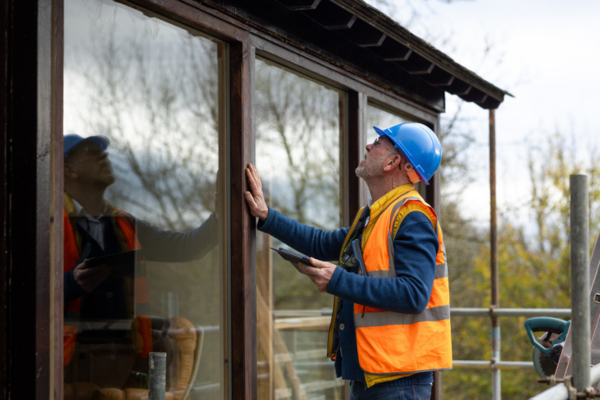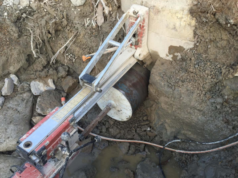
Building surveyors play a crucial role in ensuring that construction projects comply with relevant laws, regulations, and standards. They assess building plans, conduct inspections, and provide expert advice to ensure safety and compliance throughout the construction process. Their expertise not only helps in maintaining structural integrity but also contributes to sustainable development practices.
Educational pathways
To become a building surveyor in Australia, the typical pathway involves completing secondary education followed by obtaining a relevant qualification. Options include:
- Bachelor of Building Surveying: This undergraduate degree provides comprehensive knowledge in building regulations, construction compliance, and inspection processes. It is often accredited by professional bodies such as the Australian Institute of Building Surveyors (AIBS).
- Graduate Diploma in Building Surveying: For those who already possess a relevant undergraduate degree, this postgraduate qualification offers specialised knowledge in building surveying.
- Advanced Diploma of Building Surveying (CPC60121): This vocational qualification is suitable for those seeking to enter the field with practical skills and knowledge.
Gain practical experience
In addition to formal education, aspiring building surveyors typically need to complete a period of supervised industry experience. This hands-on training allows individuals to apply their theoretical knowledge in real-world settings, ensuring they are well-prepared for the responsibilities of the role.
Obtain registration
To practice as a building surveyor in Australia, individuals must register with the relevant state or territory authority. Registration requirements vary, but generally include the completion of an accredited qualification and the attainment of necessary industry experience.
Develop key skills
Successful building surveyors possess a combination of technical and interpersonal skills, including:
- Attention to detail: Ensuring all aspects of building plans and construction comply with regulations.
- Problem-solving abilities: Addressing challenges that arise during the construction process.
- Communication skills: Effectively liaising with clients, contractors, and regulatory bodies.
- Knowledge of building codes and standards: Staying updated with the latest regulations and standards in the industry.





